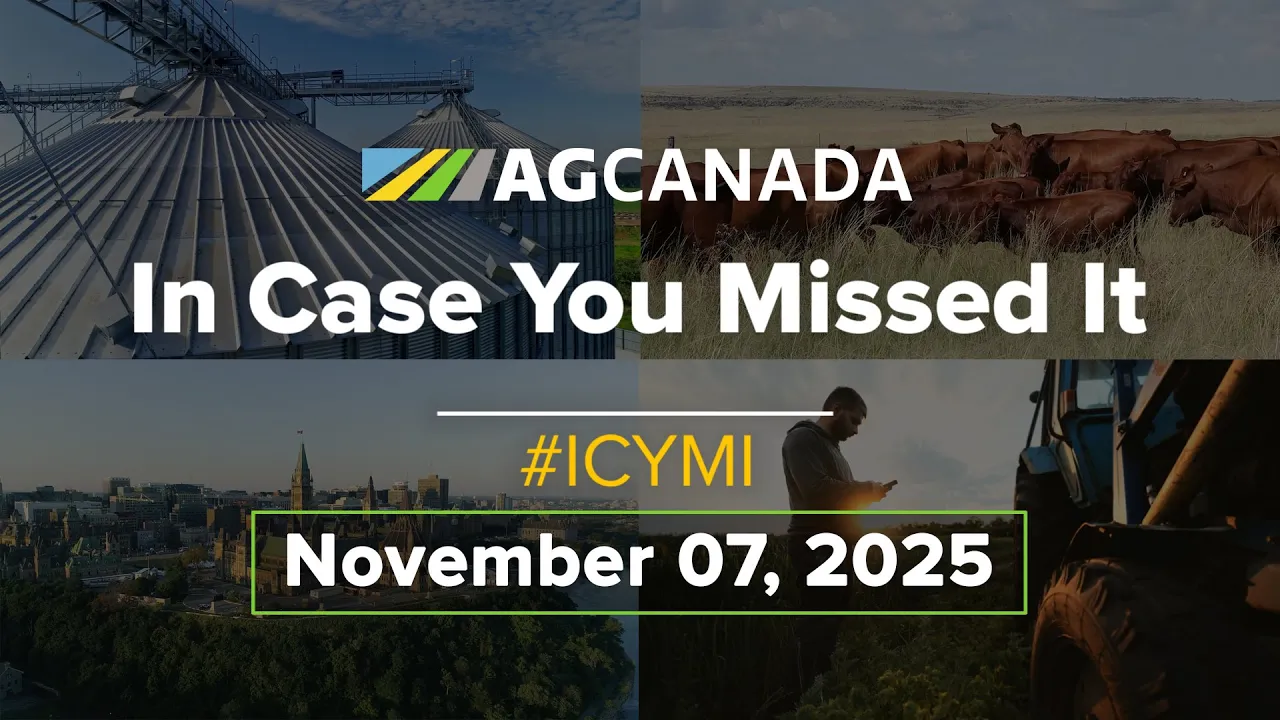A herd of Chilean alpacas that has languished in quarantine at Montreal’s Mirabel airport since last March may soon be released.
Agriculture Canada officials expect by month’s end to receive the results of health tests on the animals.
If they prove healthy and free of foot-and-mouth disease, the government could be willing to allow British Columbia tool-and-die maker Leon Barnett to take them out of the country and then apply to have them re-imported.
“They will have to be removed but there could be an application to bring them back,” said Brian Jamieson, associate director of Agriculture Canada’s animal health division. “We will be talking to Mr. Barnett about that.”
Read Also

AGCanadaTV: In case you missed it; your national ag news recap for Nov. 7, 2025
https://youtu.be/hDhaCHQRyso Carney government drops first federal budget The 2025 federal budget put a hefty focus on trade – particularly diversifying…
Barnett wasn’t available for comment last week.
It is possible the alpacas could be at home in Bella Coola, B.C. by March, a year after they left Chile. Barnett’s attempt to get into the alpaca business went off the rails when it was discovered at Mirabel that Chilean authorities had incorrectly said none of the animals had been vaccinated against foot-and-mouth disease.
Vaccination mixup
In fact, several had.
Agriculture Canada ordered the 250 animals into quarantine, to be either destroyed or sent back to Chile. It had the strong support of the Canadian Cattlemen’s Association in its resolve to keep the threat of foot-and-mouth out of Canada.
Barnett went to court and a Federal Court judge ordered the department to re-examine the animals to check their health and to consider alternatives to deportation or destruction.
Agriculture Canada appealed the ruling, arguing that its ability to protect the Canadian herd from imported disease was undermined by the judgment. It won the court appeal last month which reinstated the department’s automatic obligation to dispose of animals imported under false pretenses. With the law upheld, Jamieson said it now is possible to consider an end to Barnett’s predicament.
Ottawa will order the alpacas out of the country. If they have proven to be healthy, the owner can then apply to import them.
Meanwhile, Barnett has had to spend several hundred thousand dollars on lawyers, lobbyists, court costs and other expenses to protect his original $700,000 investment.
And the herd is growing. As many as 90 of the original 250 were pregnant. A few have already given birth and the rest are expected to by spring.














